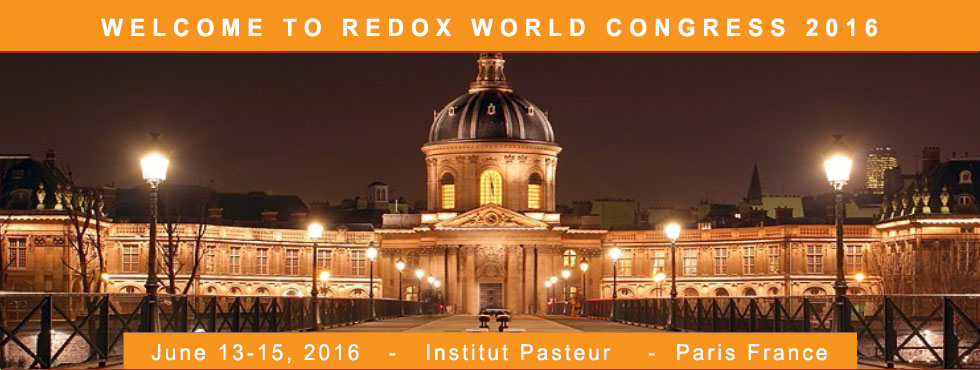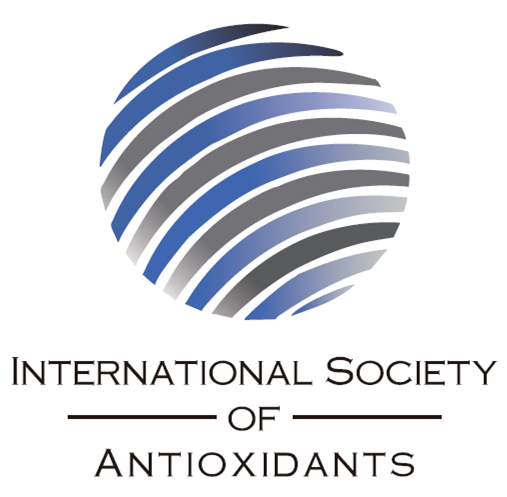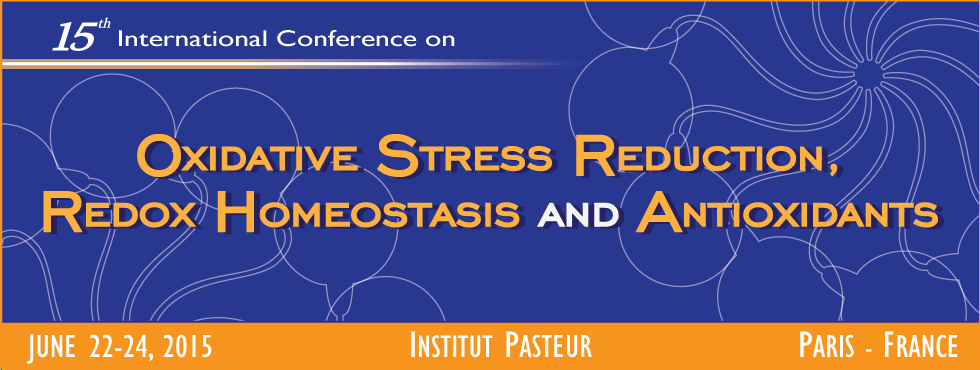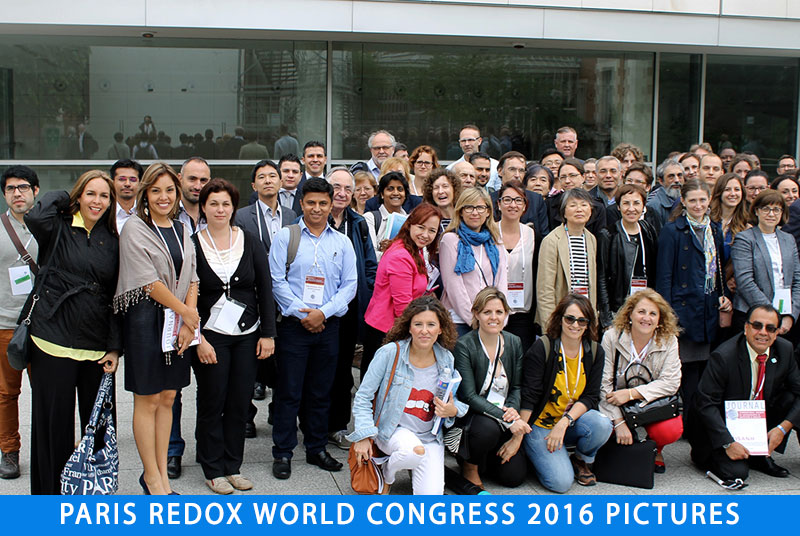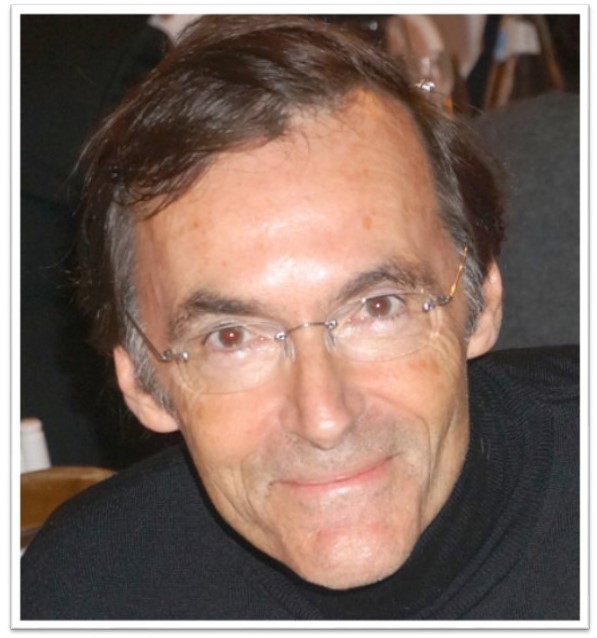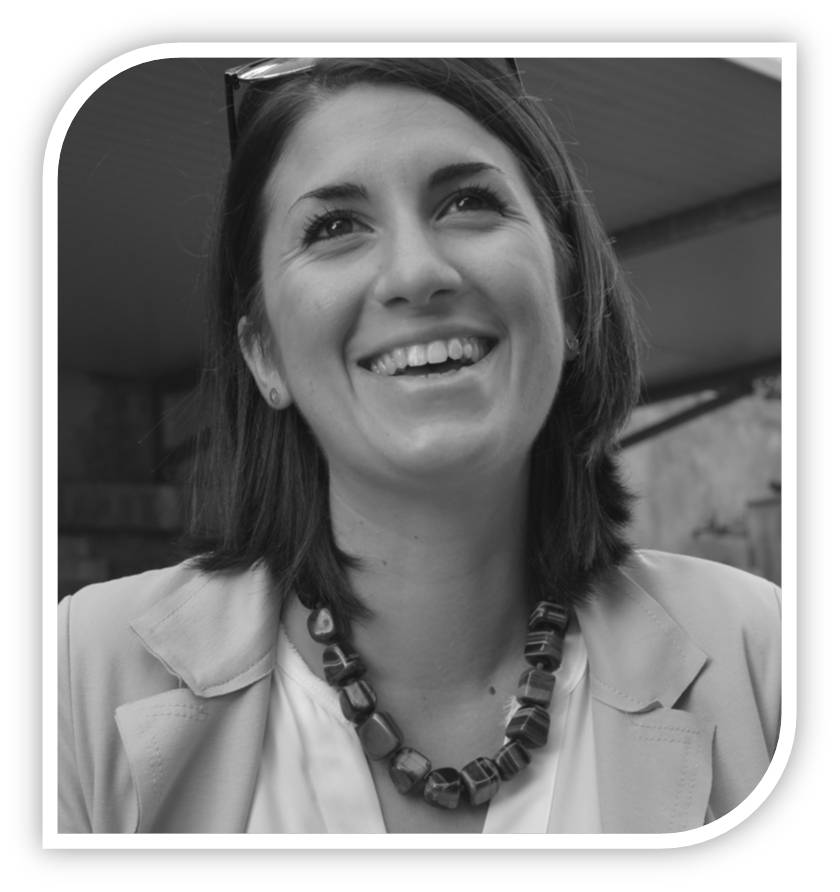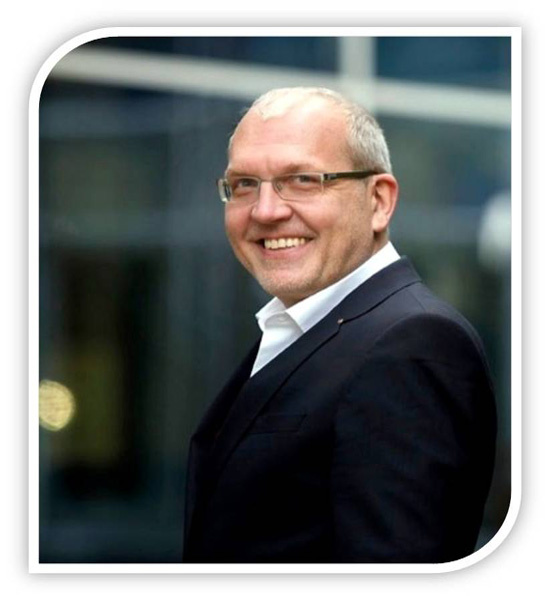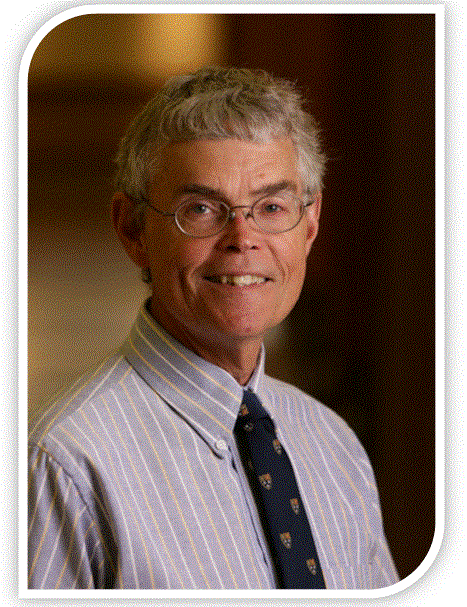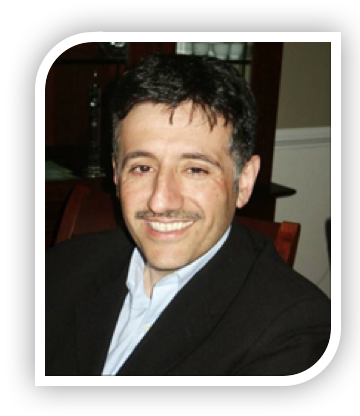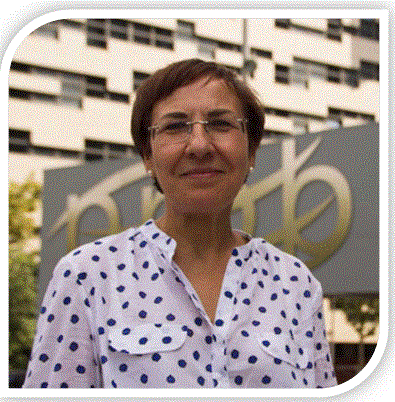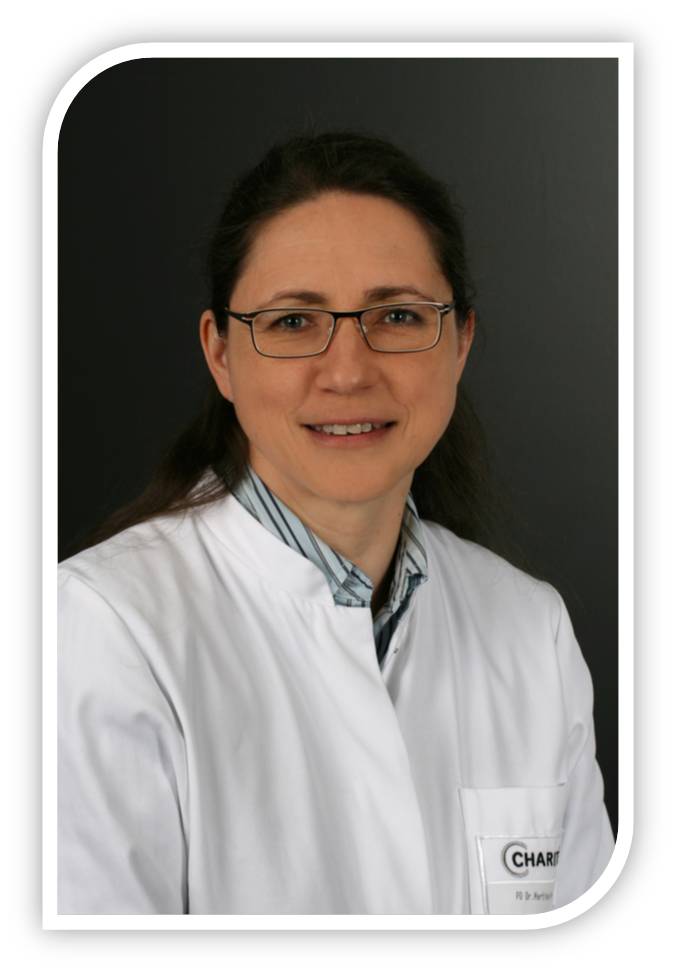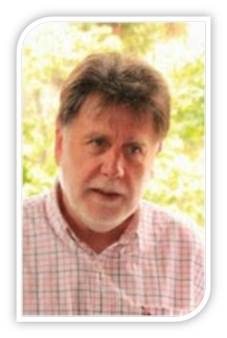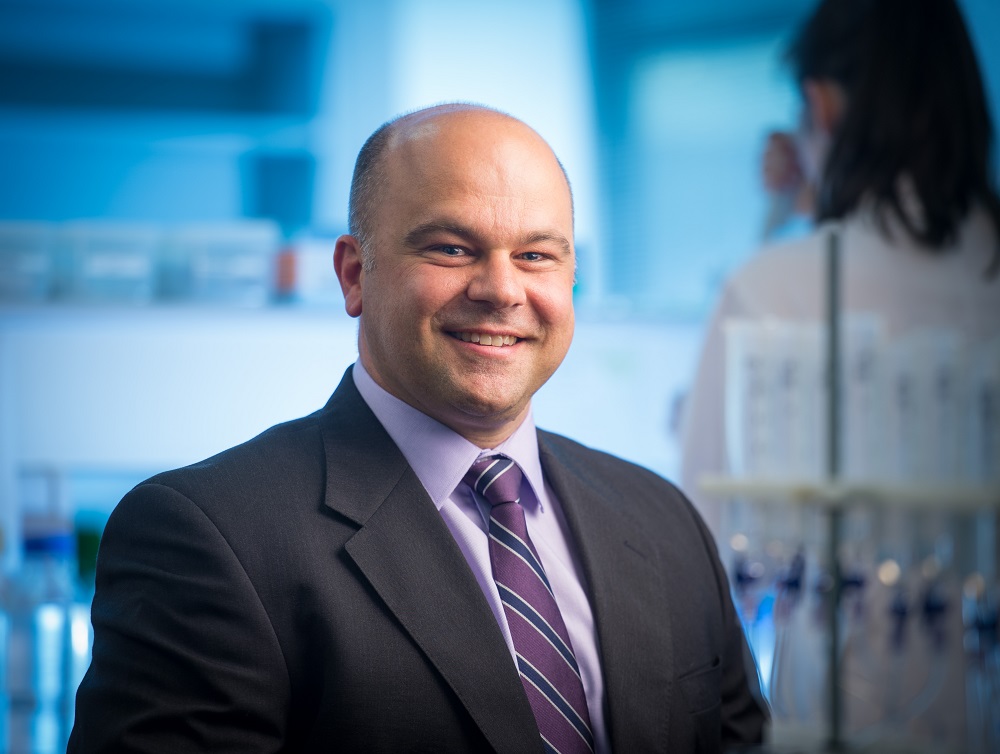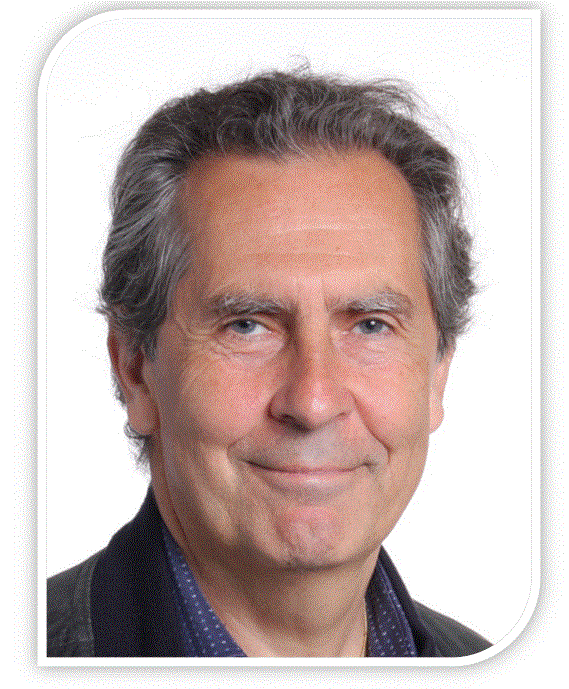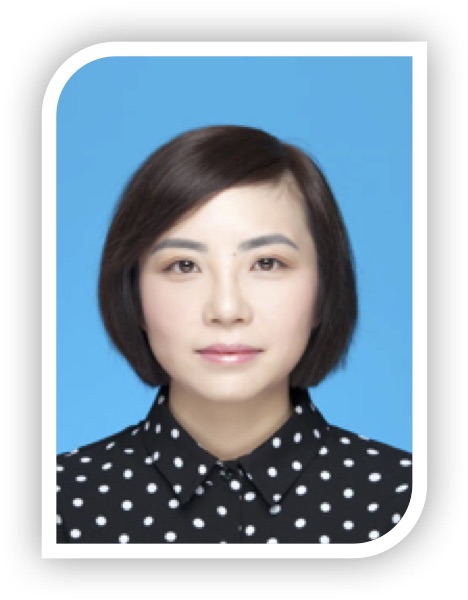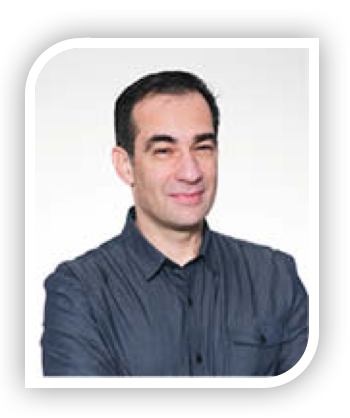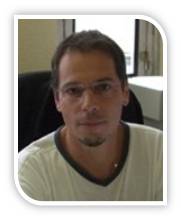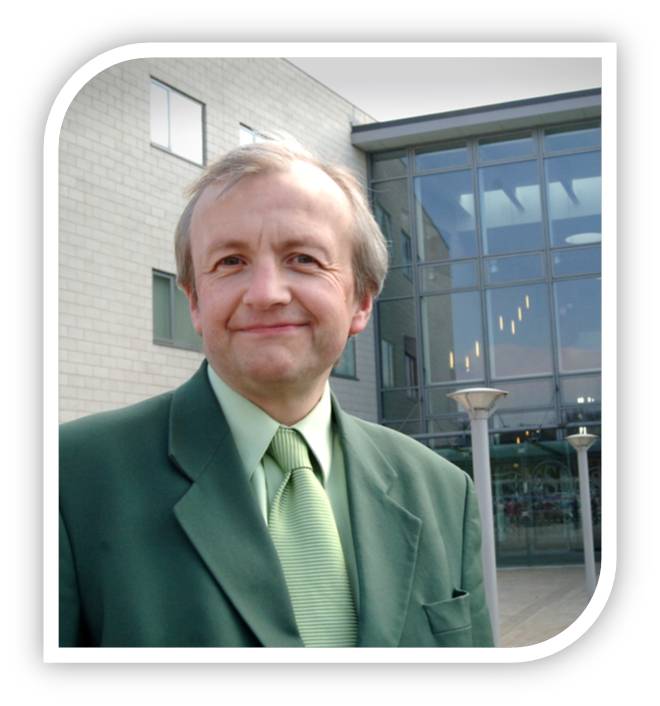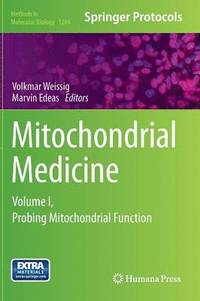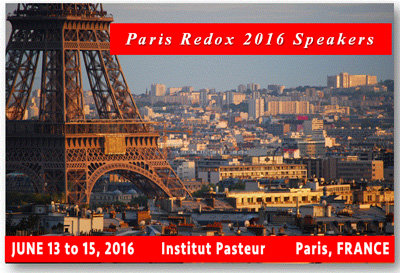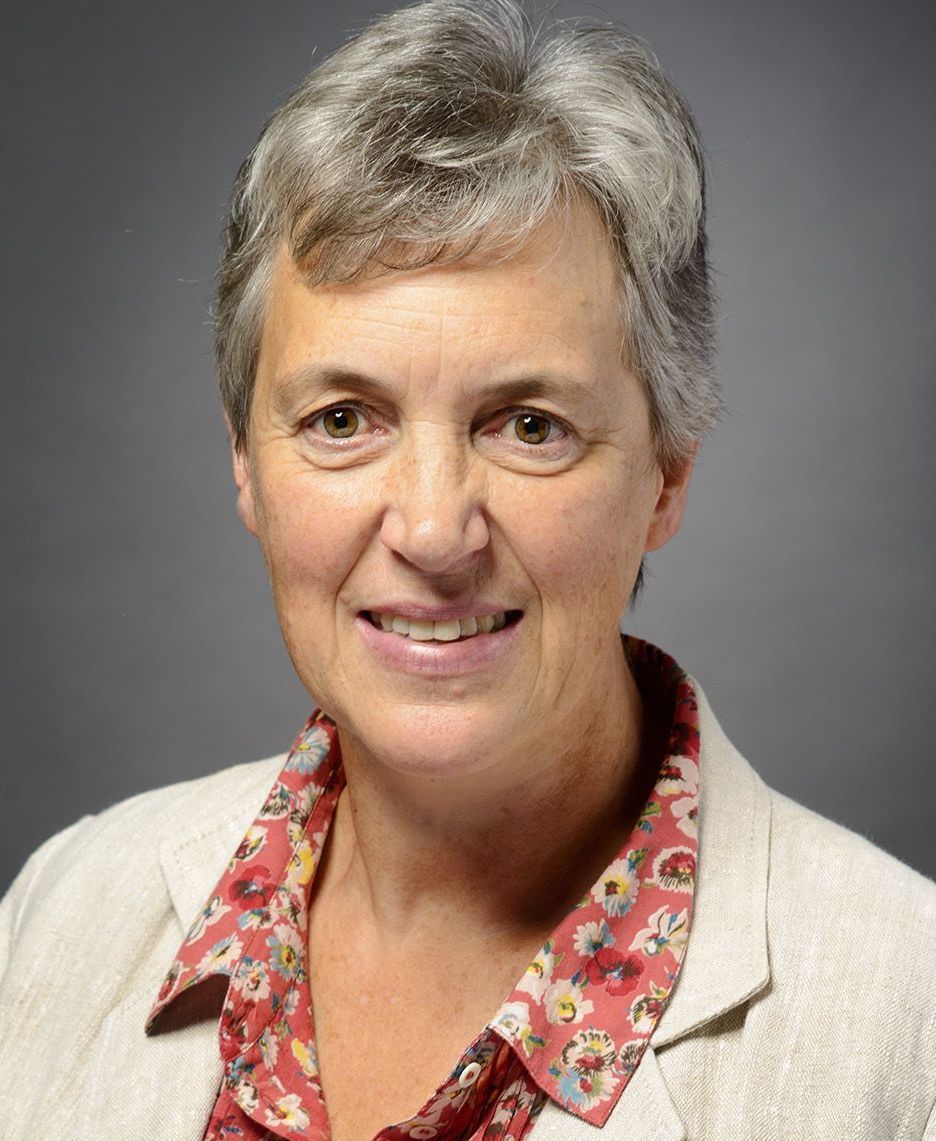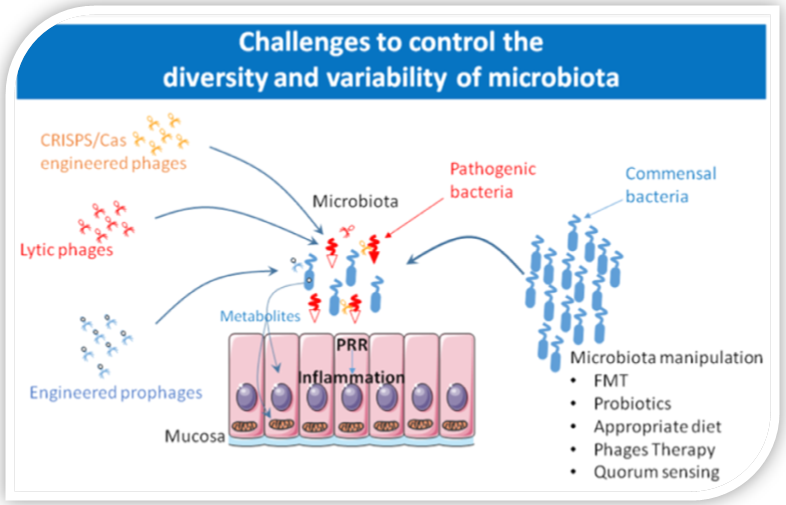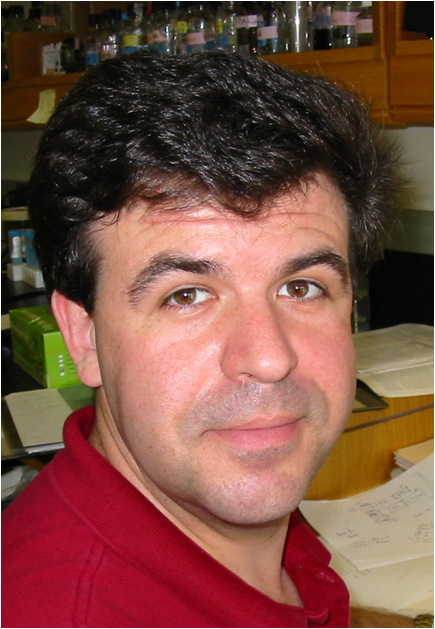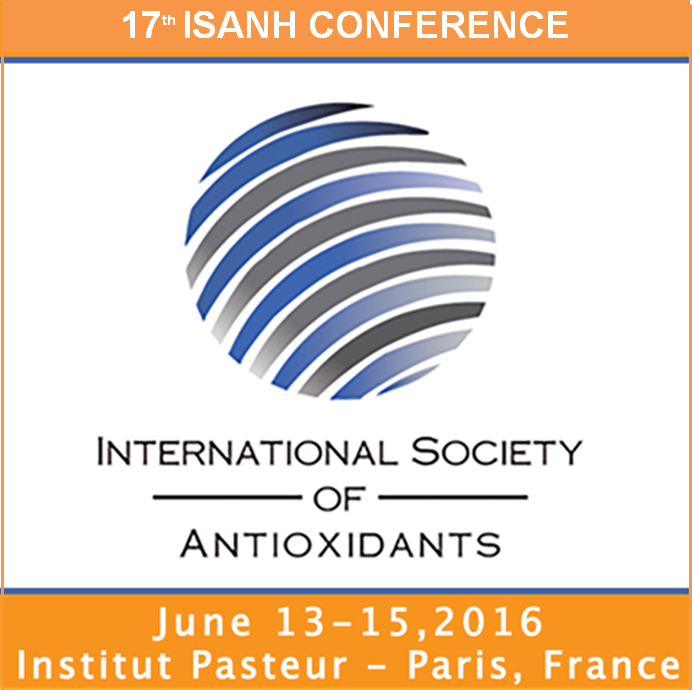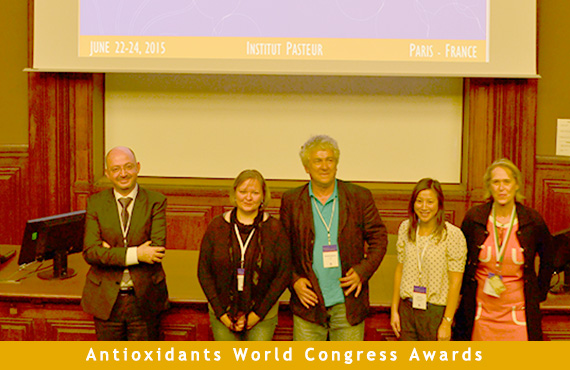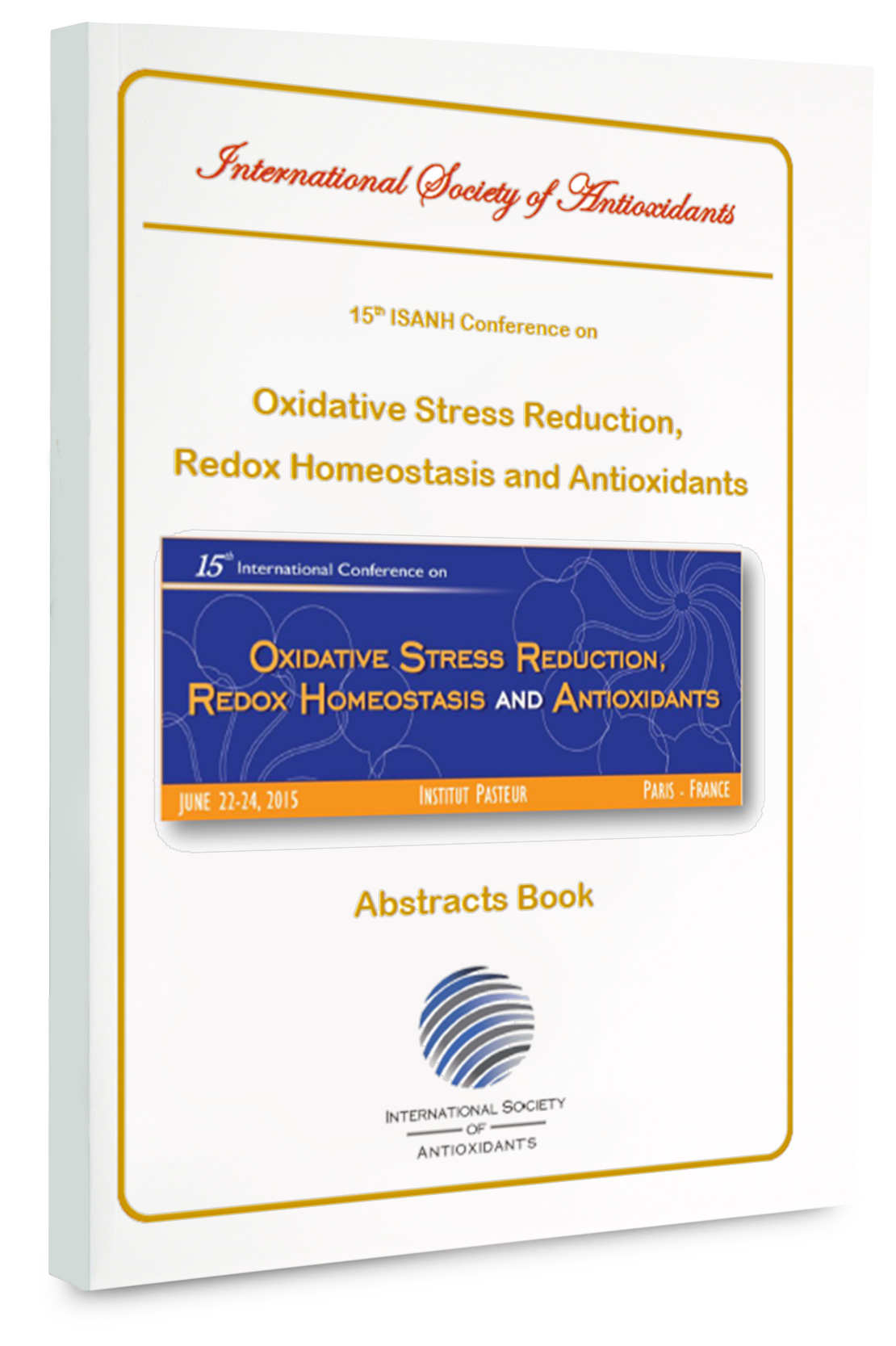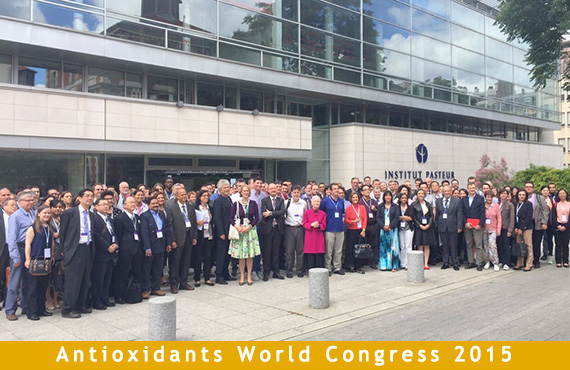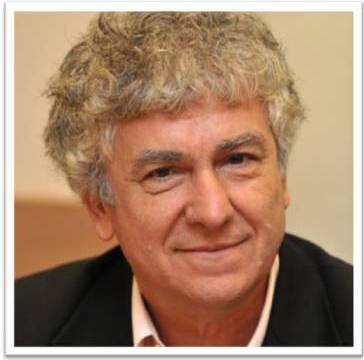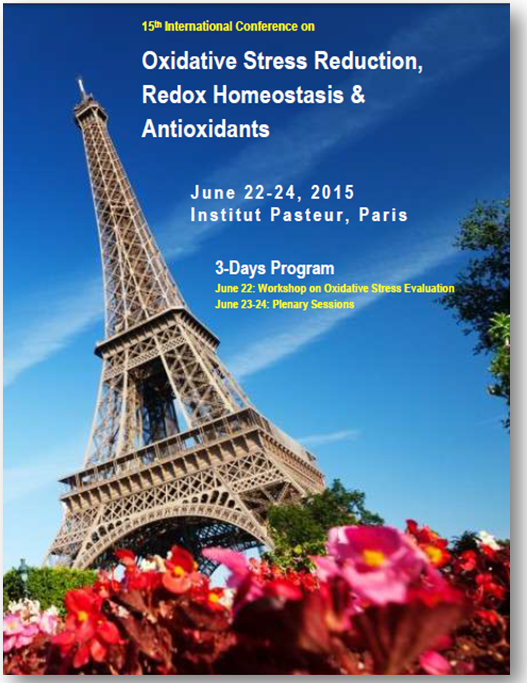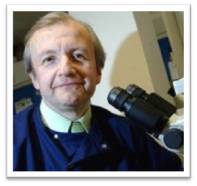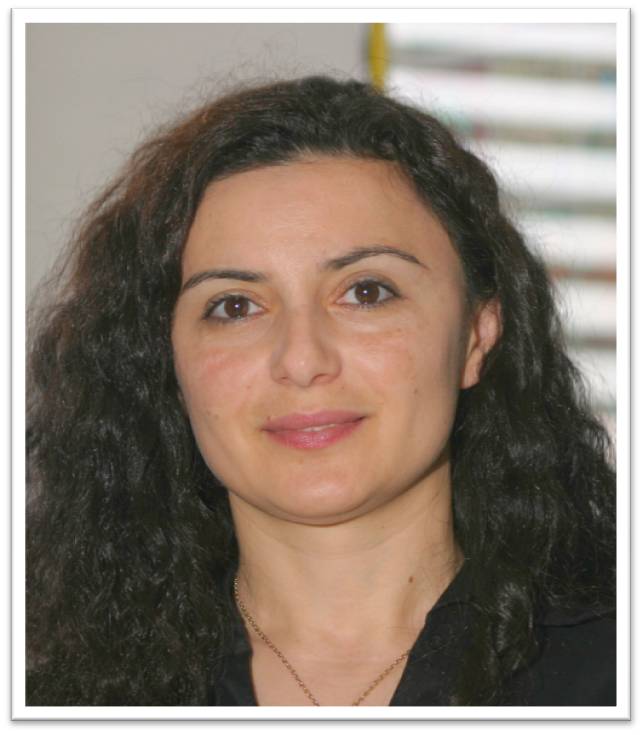Pr. Nüsse will give a presentation about the complexity of ROS detection in harsh environments
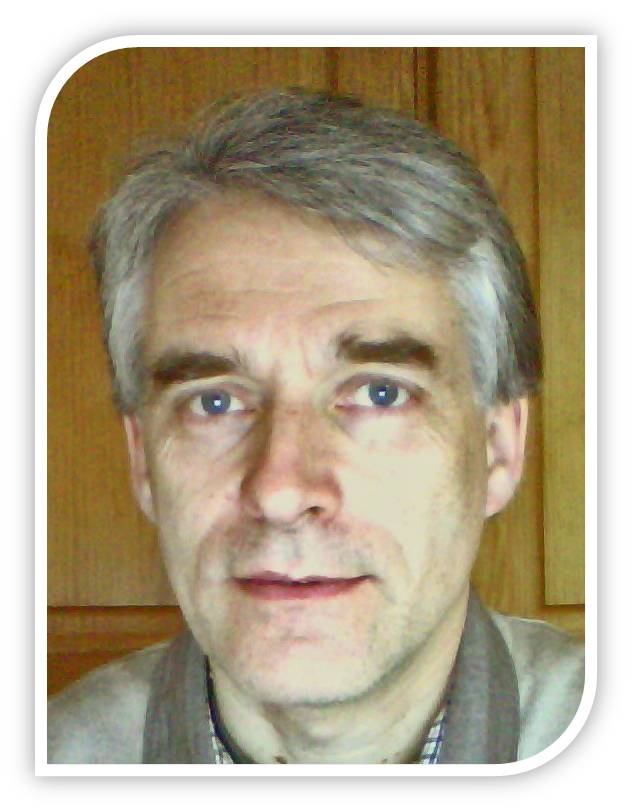
At Paris Redox World Congress 2016 Pr. Oliver Nüsse from Laboratoire de Chimie Physique, UMR8000, is going to give a talk about The complexity of ROS detection in harsh environments such as the phagosome.
Pr. Nüsse summarizes his talk as follows: Detection of ROS faces many difficulties such as lack of specificity and sensitivity. An additional difficulties arises, when the ROS-sensor is sensitive to environmental conditions other than ROS. The most prominent case is sensitivity to pH. I will illustrate the problem taking the phagosome as an example, where ROS production occurs parallel to pH changes and other biochemical modifications. Special controls are required to validate the usefulness of a ROS detector in such a harsh environment. Fluorescent proteins are increasingly used to create biosensors. We have characterized the ROS sensitivity of several fluorescent proteins, which are potential biosensors for ROS. I will discuss the advantages and disadvantages of these proteins in the context of ROS detection.
For more information about Paris Redox World Congress 2016, please follow this link http://isanh.net/.
